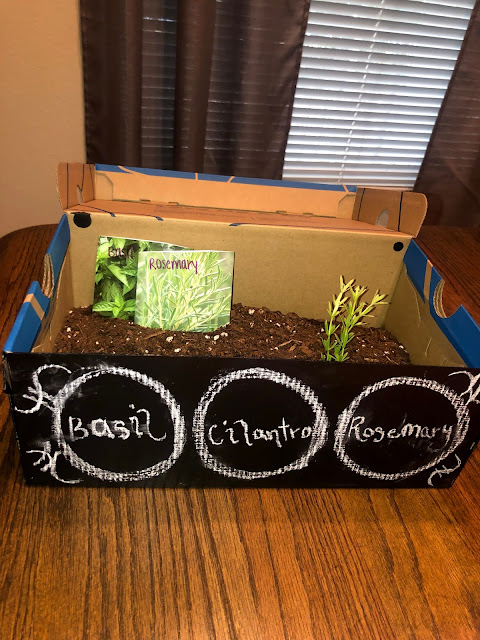Sensory SIM Encounter
Overall, I believe the SIM encounter went well. I felt nervous but I knew I had prepared to the best to my ability. I believe I showed empathy towards the client’s mother and asked for reassurance to make sure she understood everything I was telling her. I made sure to assure her that I know this is a scary and overwhelming experiencing and that we were here for her and her child. I felt like overall this SIM went better than previous SIM encounters. I believe SIM encounters are beneficial to my learning and help me gain the real-world experience in a more relaxed setting. It’s nice to know that SIM encounters are for practice! Although it is a grade, I try and focus on it being more about the experience and the take-away rather than looking at it as just another grade in the grade book.
If I was given the opportunity for a do-over, I would have brought the notes I had prepared prior to having the meeting to ensure that I had hit everything I wanted to. I always prepare and write out exactly what I want to say and important points I need to hit. I believe this will also be beneficial for me when I become a practitioner. However, this time I decided not to bring in my notes because I never end up looking at them. Unfortunately, I feel like I missed a couple important points that I wanted to go over. If I would have had my paper with all the important points, I could have refereed back to it and not have missed informing her on what I had planned. I would also make sure to ask more open-ended questions rather than “does that make sense?”.
One example of how an attitude of caring can be communicated by an OT student is by positioning. Sitting close to the client or caregiver makes a meeting less intimidating and more comfortable. We want the client to feel comfortable and be an active participant in the meeting. Another example of how an attitude of caring can be communicated is by truly listening to the client and their concerns. Listening to listen and not listening to respond is important and will let the client know you care.
In my future practice, I plan to always carry my notes with important points just so I can ensure I do not miss anything I want to say. I will continue to show a caring and understanding attitude towards my client and their caregivers. I will ask open-ended questions in order to ensure my clients understanding of what is happening. I will also communicate with the client that everything that is done is client-driven and that we want to work together for the end goal. Overall, I am thankful and blessed to have had this opportunity. I am also thankful for our professors and the time they take to debrief after SIM encounters like this one.

Comments
Post a Comment